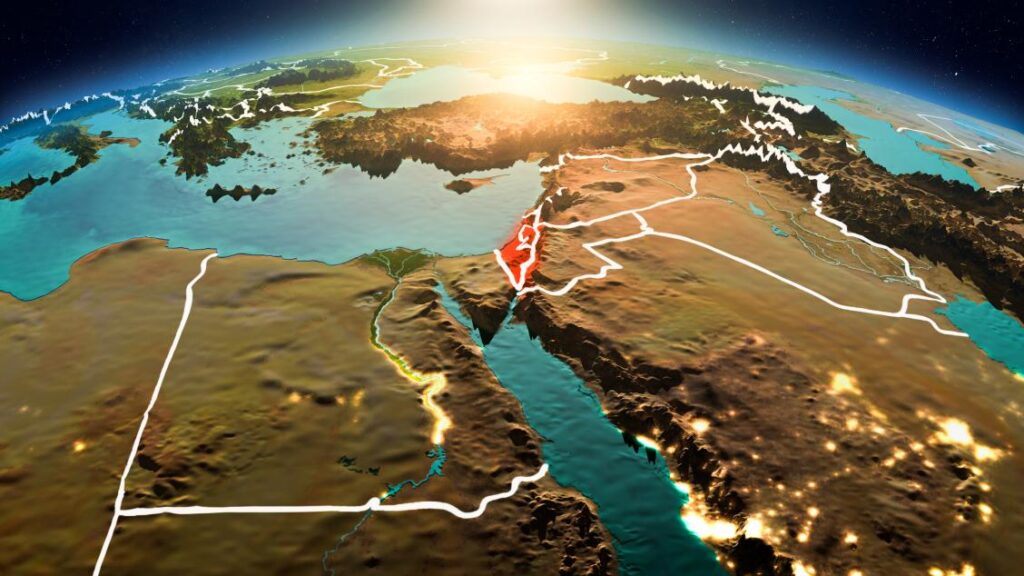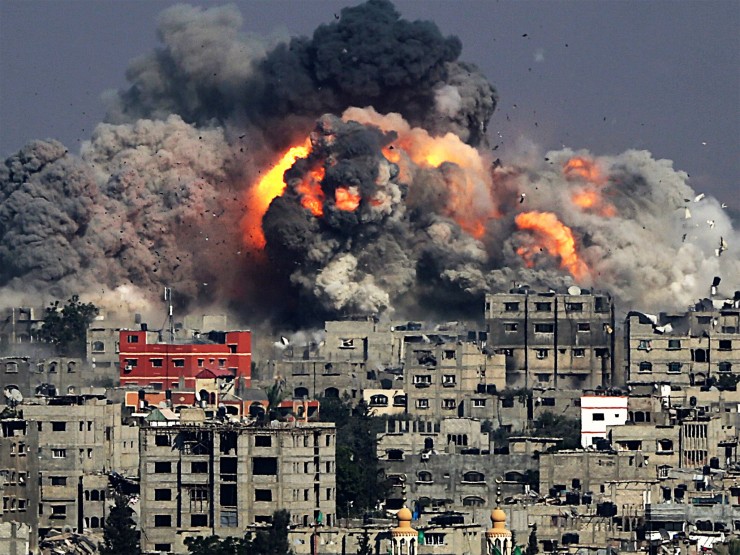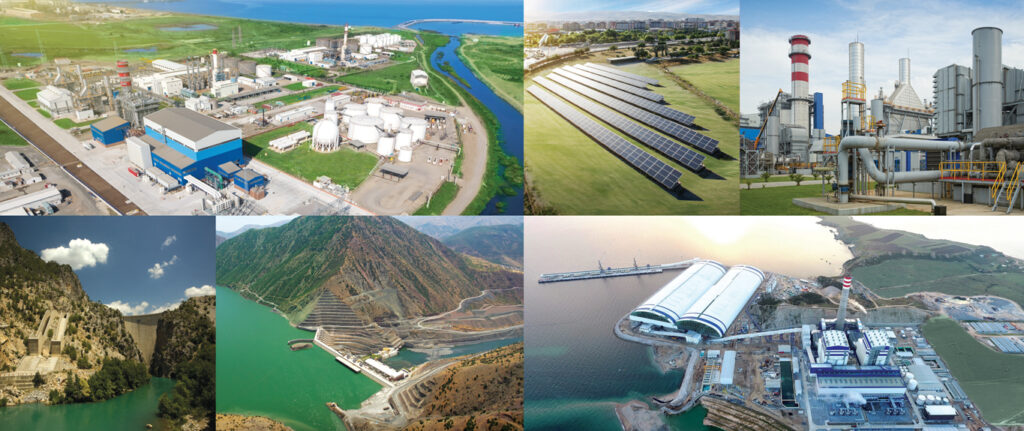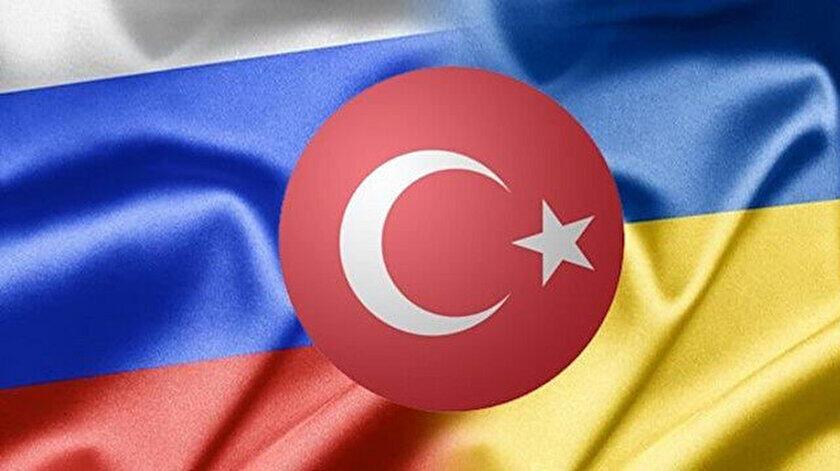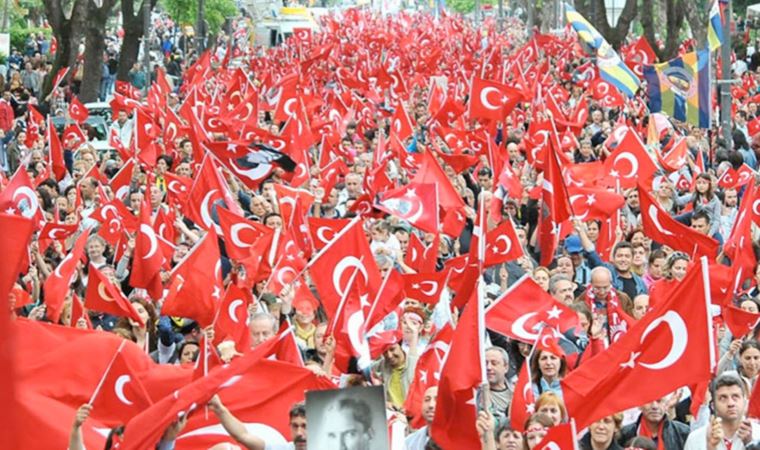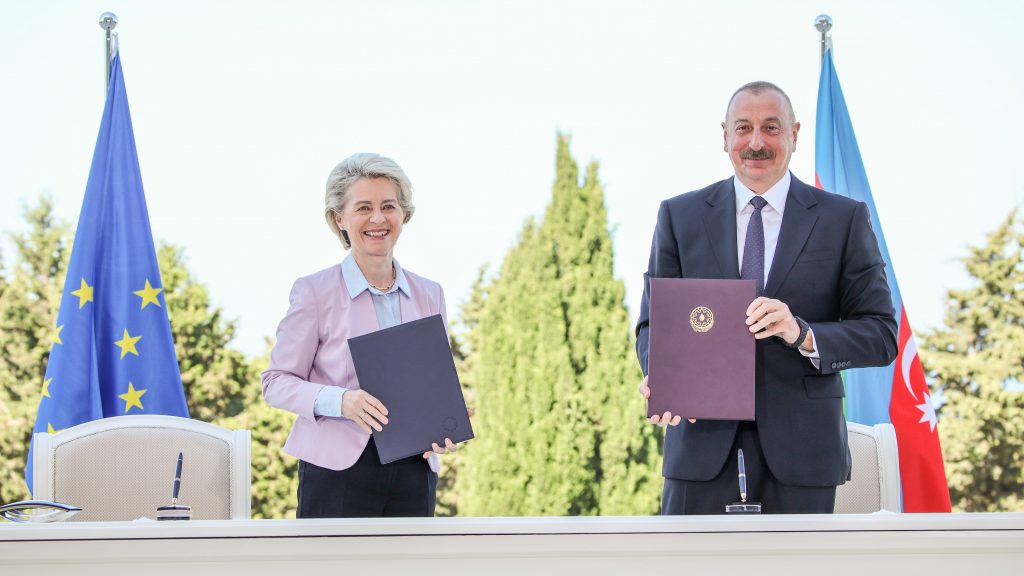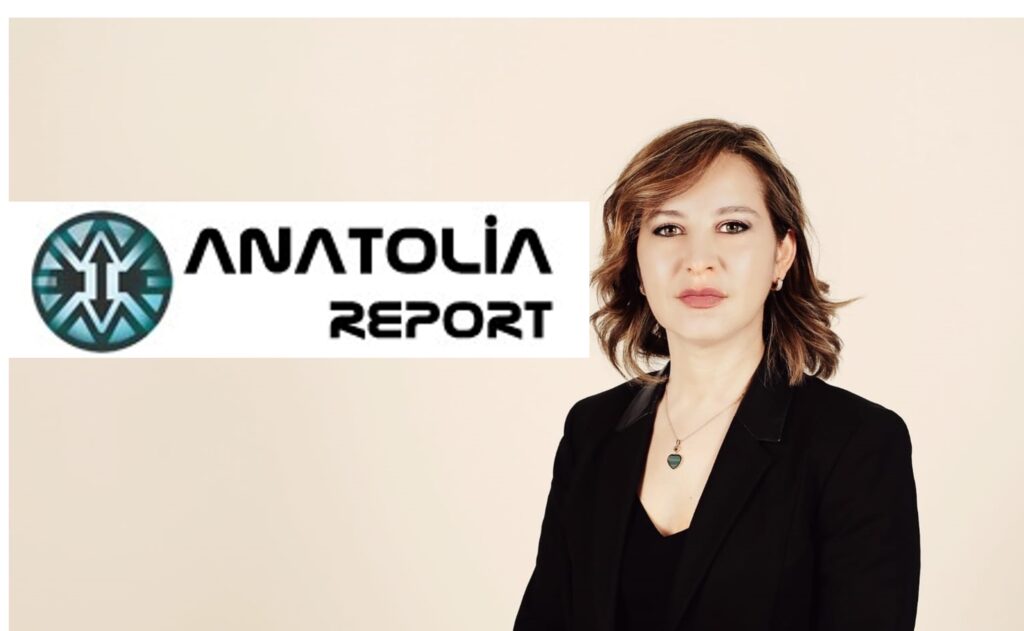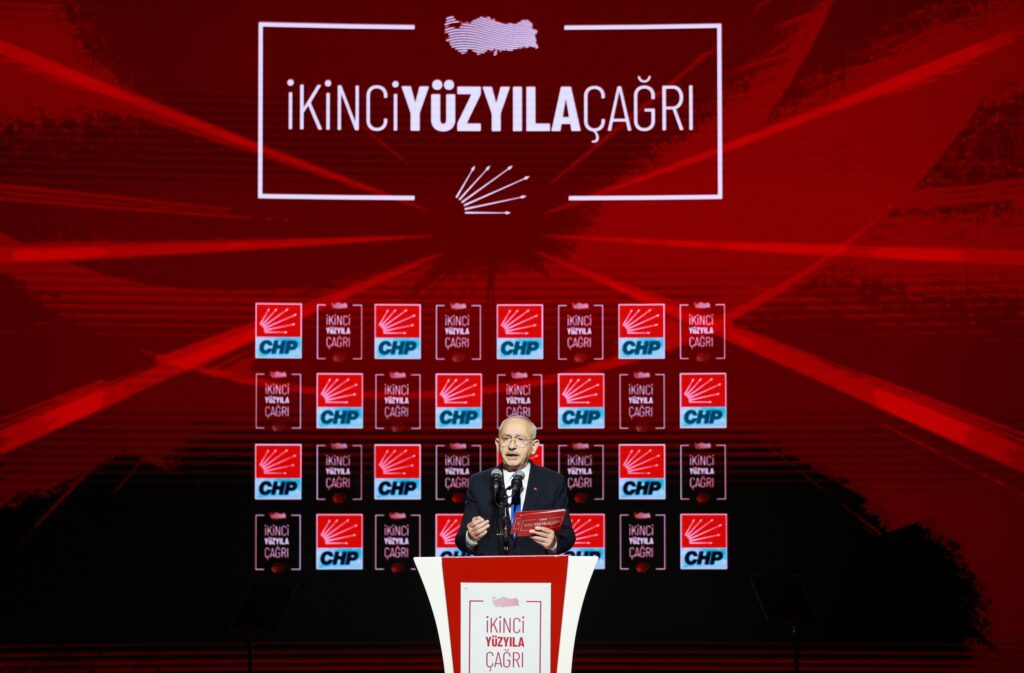Editor’s Note: Threat to Global Food Security and President Erdogan’s New Strategies
Editor’s Note: Threat to Global Food Security and President Erdogan’s New Strategies
ANATOLIA REPORT
By N.Selin Şenocak
May 2022
Wars have disrupted agriculture throughout history. But the nature of Russia’s war in Ukraine a war between two agricultural production powerhouses, in the context of globalized agricultural markets presents never before seen consequences for global agriculture and food security. The war in Ukraine has dealt a major blow to global food security through its impact on wheat, oil, and fertilizer exports, in a world already reeling from the effects of COVID-19 and climate change.
The crisis in Ukraine and Russia, one of the world’s main sources of grain, fertilizers, and energy, presents new challenges in securing food supplies on top of a prolonged pandemic. Russia and Ukraine combine for nearly a third of the world’s wheat and barley exports. Ukraine is also a major supplier of corn and the global leader in sunflower oil, used in food processing.
The coronavirus pandemic had previously highlighted vulnerabilities in global supply chains, the public health-care systems, and food and energy security. The war in Ukraine is compounding these issues, increasing food insecurity and poverty across the globe. Indeed, Russia and Ukraine are considered as the breadbasket of the world and had been responsible for the exportation of more than one-quarter of the world’s wheat in 2021. The war could reduce food supplies just as prices have reached their highest levels since 2011. These factors have led to food prices soaring and consequently exacerbating inflation rates and reducing the purchasing power of populations across the Middle East and Africa, where 70% of Russian wheat exports went in 2021.
According to FAO estimates, in addition to the 720 to 811 million people already facing chronic hunger in 2020, Russia’s war in Ukraine risks raising – by 7.6 to 13.1 million – the number of undernourished people in 2022 and 2023.
Not only the Middle East, but Europe is also suffering from this crisis. As mentioned in our April Editorial letter, it is not with the sanctions and the stigmatization of Russia that the world will be able to achieve appeasement in this conflict. On the contrary it fuels the escalation of said crisis which is destructive for both sides.
Turkey, as a key actor of the region, is currently seeking to forge new alliances and resolve old rivalries, also serving as a major indicator that Erdogan is facing dissent and growing discontent amidst his allies and supporters. President Tayyip Erdogan’s trip to Saudi Arabia marks his first high-level visit in years, which he hopes will herald a new era of relations after intense efforts to repair strained ties. The visit comes at a time where Turkey grapples with the economic fallout from the war between its Black Sea neighbours.
The war in Ukraine is both an ordeal and an opportunity for Turkey, which prefers to play the mediator card between the two countries.
Turkey’s economy has been ailing for years and a lira crisis erupted in late 2021 due to an unorthodox monetary policy backed by Erdogan that has sent inflation soaring above 65%. The latest polls currently show that the AKP is in free fall regarding public opinion due to factors such as the economic crisis, the high unemployment rate, the devaluation of the Turkish lira and recent political scandals. The nepotism and the authoritarianism present within the government are the consequences of this dissolution, with the probability of an early election still being a strong possibility.
According to many survey results, it is seen that all possible Nation Alliance candidates, namely Mansur Yavaş (Mayor of Ankara), Ekrem İmamoğlu (Mayor of Istanbul), Meral Akşener(Iyi/Good Party Leader) and Kılıçdaroğlu (CHP- Republican Party Leader) , will win the election against President Erdoğan. However, support for these names is also at different levels. For example, in the scenario where Yavaş is a joint candidate, Yavaş is 16 points ahead of Erdoğan. In this sense, the results indicate that the strongest opposition candidate is Mansur Yavaş.
President Erdogan is attempting to slow down his rapid downfall by bouncing the country back on track through new international investments. This is the reason why he got rid of the Khashoggi murder trial. It is sad to see that a man’s life has little to no value and that the international public opinion possesses a selective memory.
Nevertheless, it is important to note that Erdogan remains the most successful political party leader in Turkish public opinion. Politics is full of surprises, everything can change and when it comes to Turkey, the unpredictable keeps its mystery until the last minute. Will Erdogan let go of his chair? Surely not, all means are at his disposal.


